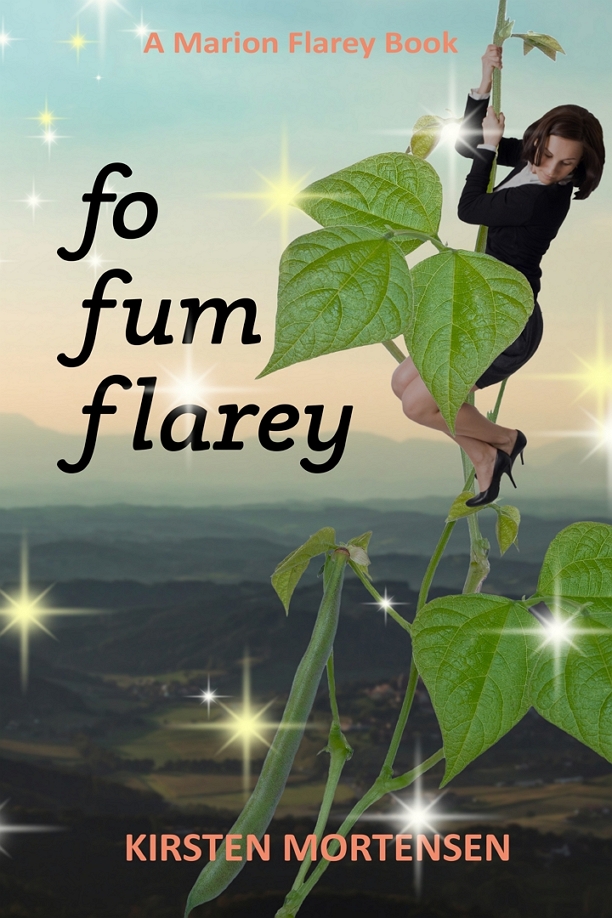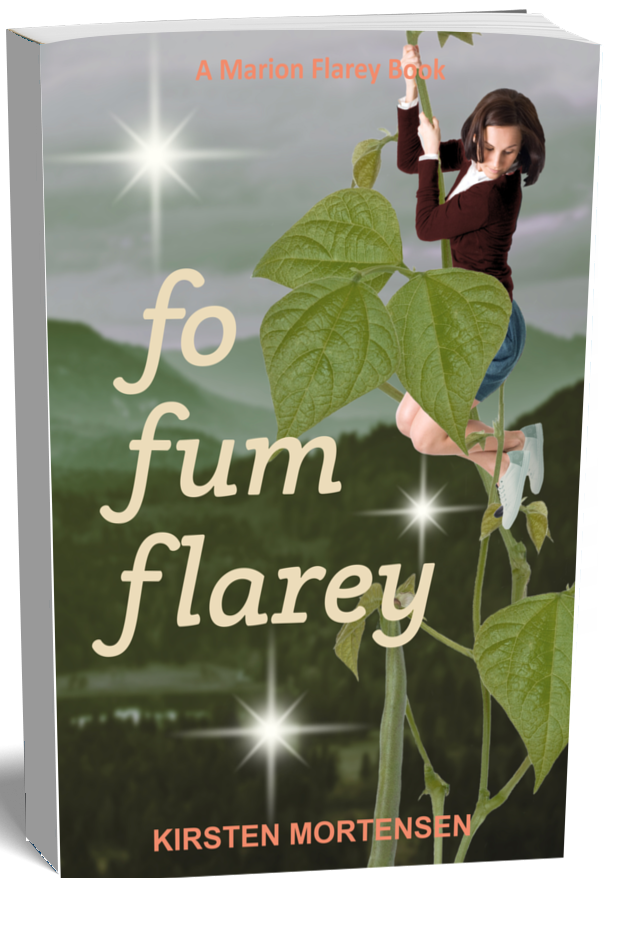I love Romance.
I write Romance.
Not in the sense of genre romance, but Romance in the sense of an affirmation of the centrality of the heart in human experience. Of the perils of our alienation from nature, and because Romance gives us a break from the sheer awfulness of life (Byron: “And if I laugh at any mortal thing, Tis that I may not weep.”)
My question is: can novels help people learn better (learn again?) how to think?
Yes, reading novels is a form of escapism.
But can they draw people into stories and then use those stories to train people, not what to think (blech) but how?
I hope so.
I’m so horrified by how poorly people think …

Out now! Book 2 of my Marion Flarey series :)
Available on Amazon for Kindle or Print, or click here to browse other e-formats.

